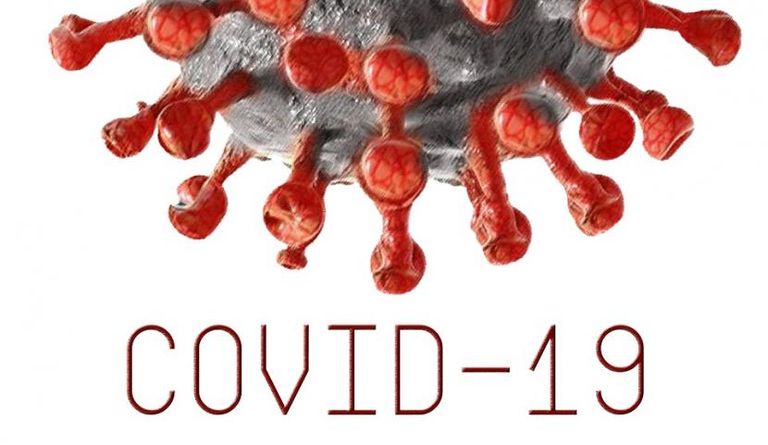
The next variant of the coronavirus, Cryptic Covid, found in New York is thought to have originated in a rat population. A new study published this month in the journal Nature Communications has sought to trace the origins of mysterious virus fragments found over the past year in New York waste.
So-called cryptic lineages emerge from the damp bowels of the city, different from all previous variants of Covid. This led scientists to believe that a strange new version of the virus might seep into the city's waste.
Some researchers believe that the latest view of Covid-19 could be attributed to a type of human virus that has not been sequential, others believe it is a new variant derived from mice. Marc C. Johnson, a University of Missouri virologist and co-author of the new study, explained the alleged variant came from mice. Rodents are not susceptible to the original strain of Covid, but can be infected by alpha, beta, and gamma variants.
"One of the amino acid changes we see in viruses has not been seen in patients. Ever, but these amino acid changes have been seen in viruses that adapt to rodents, which actually told me something," Johnson told the New York Post.
According to study co-author and Queens College virologist John Dennehy, rats may be drinking sewer water and feces. So if there are clumps of material in the wastewater, it's likely because the rats tried to consume it. "We have never detected a live virus in wastewater. But given the volume of wastewater and the number of rats, it's very likely they were infected that way."
The students involved in the study tried to extract RNA from mouse feces samples. They collect the dirt by going through the dark alleys at night. They would put it in a ziplock bag, label it, and send it to Johnson. The students covered their noses during the process of collecting the dirt.
The researchers found no evidence that Covid-19 circulated through the rat population in New York City. They still believe that pests are "likely candidates" related to the next known variant of the disease. If that happens, the best chance is that the new variant "can only infect mice and lose the ability to infect humans". The worst thing is that it spills back into humans and that is Pi, a new variant of the coronavirus.